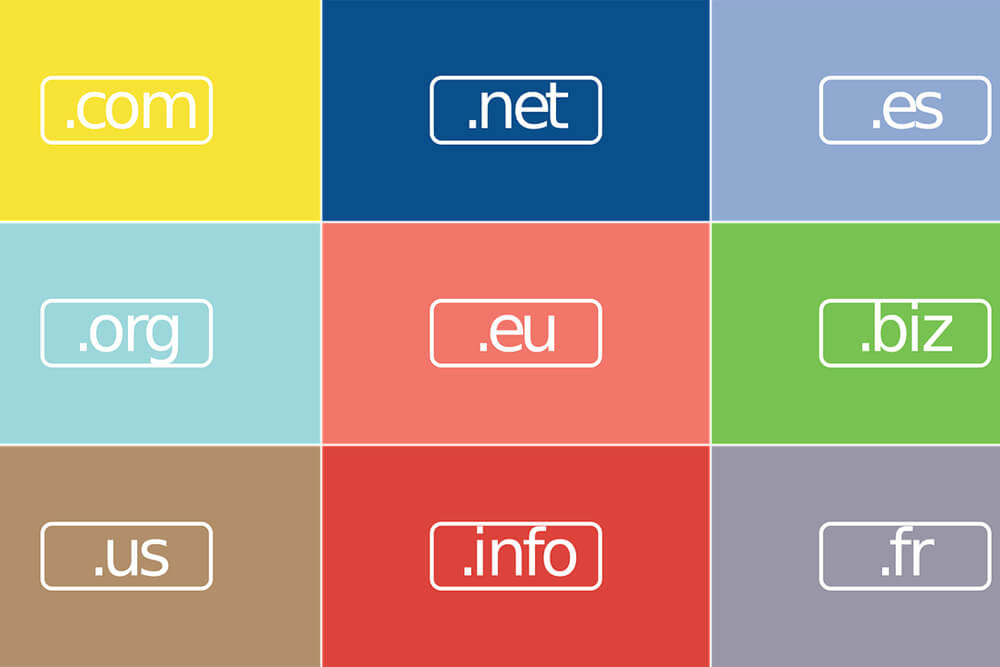Google Confirms .LAWYER and .LAW TLD Addresses Don’t Help SEO

For those unaware, here’s a brief rundown: Essentially, companies are selling web addresses that make your law firm website URL end in .law or .attorney instead of .com. This end portion is what’s referred to as the top-level domain or TLD portion of your domain name.
As unique TLD addresses gained popularity, search engine optimization (SEO) experts started asking one very important question—does the TLD portion of a domain name matter at all in regards to search rankings? It’s common knowledge that the main “meat” or middle/subdomain portion of a domain name has a large impact on rankings, but what about that last bit? It’s an issue worth debating, surely, and the debate managed to spark some controversy when one lawyer claimed he saw a substantial traffic boost after moving to a .attorney TLD.
In a Google Hangout held on June 14, 2016, Google’s John Mueller confirmed that keyword-rich top-level domains like the .live, .news, .attorney, and .law TLDs in question do not count for ranking purposes. At the 12:45 mark into the hangout, Mueller states that “The TLD is not something we take into account”, afterwards adding that Google, in fact, “completely” ignores that section in regards to ranking.
This statement, without a doubt, puts the .attorney and .law domain name controversy to rest. While it may still be desirable for a law firm to move to a unique TLD, it’s important to remember that there are no SEO benefits to such a move whatsoever.
In fact, some domain names that look better with a .law, .lawyer, or .attorney TLD may actually perform worse in regards to SEO due to the fact that the TLD is 100% ignored. In our example above, for instance, Google only uses the “thefuchsiafirm” portion of “thefuchsiafirm.law”. This essentially omits the word “law” entirely, potentially harming that firm’s rankings. A much better alternative would be switching to a URL like “fuchsialawfirm.com”
As another example, it might be tempting to adopt a .lawyer TLD in order to use a domain name like “philadelphia.lawyer” that looks clean and informative on its surface. Once that TLD is taken away, however, that domain name is left without any connection to the legal profession. A law firm considering such a move may easily do themselves more SEO harm than any type of good. It’s our opinion that while these unique domain TLD addresses may look interesting, they’re essentially a waste of money given Google’s latest information reveal.
For more law firm SEO tips and suggestions, stay tuned to Legal InSites. We’re here to help your legal practice naturally climb Google’s search engine rankings and bring in more client leads. We stay on top of Google’s latest changes and announcements to ensure your firm’s traffic and client potential constantly see improvement. Contact us to find out more.
Come see us at these events.

OAJ Annual Convention 2024
GAVL is proudly exhibiting at the Ohio Association for Justice Annual Convention 2024.

Society of Women Trial Lawyers Annual Conference 2024
GAVL is excited to attend the Society of Women Trial Lawyers Annual Conference 2024!

Injury Board Pathfinder 2024
GAVL will be attending the Injury Board Pathfinder 2024 seminar!
